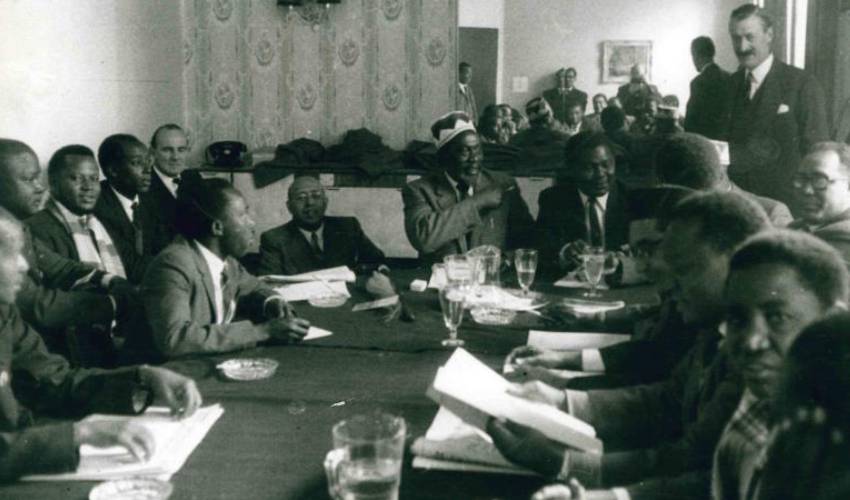×
The Standard e-Paper
Kenya’s Boldest Voice

Eleven years ago today, Kenyans gifted themselves a new Constitution. It was a gift well deserved, because for 30 years pro-reform activists and leaders had sacrificed their all, including their lives and limbs so that their motherland could indeed be free.
Today, as the gigantic flag on a raised ground at the historic Uhuru Park, flutters in the wind from all directions, it belies the rigidity with which successive regimes and administrations have responded to calls to draft it.